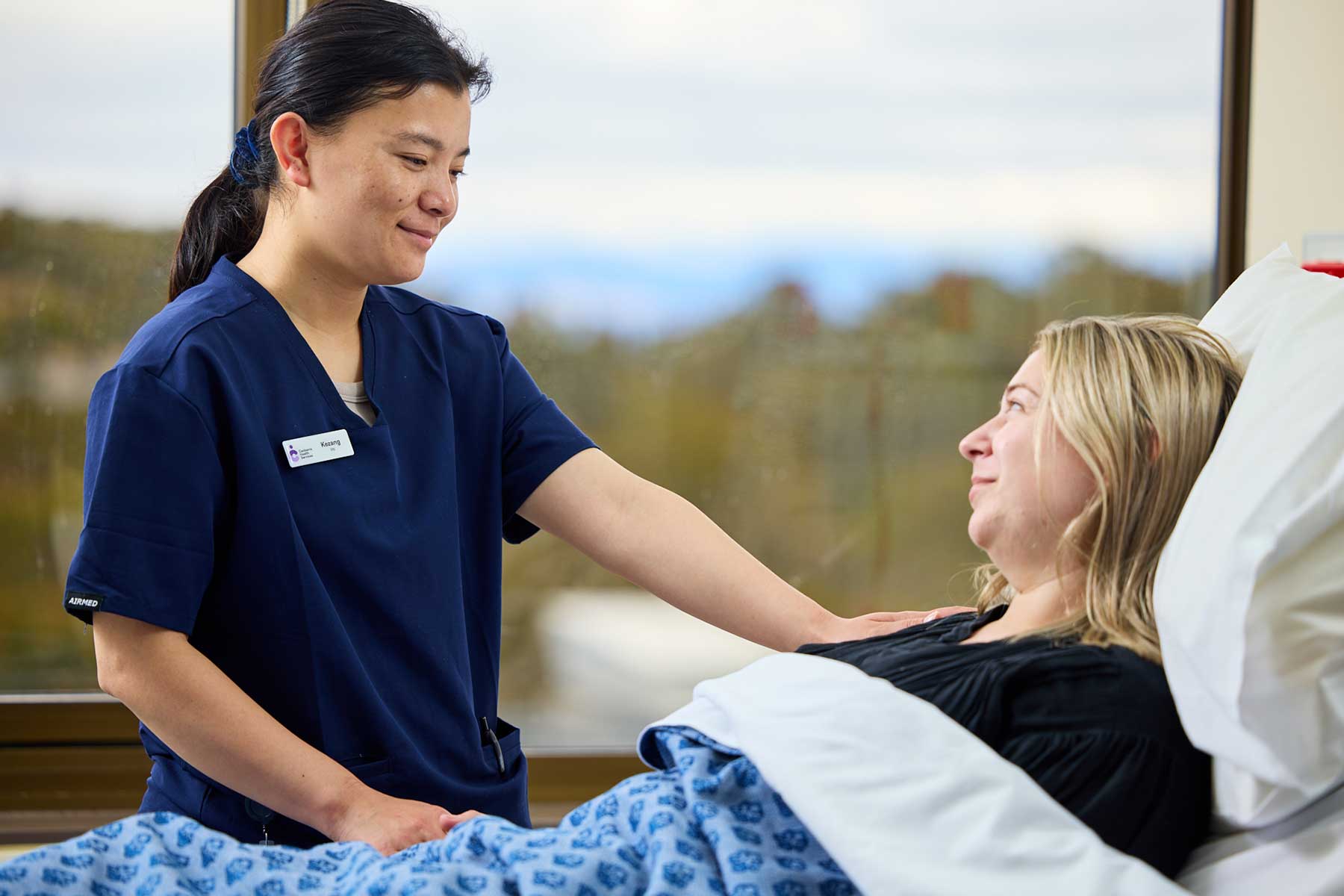Endometriosis represents a significant challenge in women’s health care, demanding increased attention from clinicians, researchers, and policymakers. As awareness grows about its widespread impact and the complexities surrounding its diagnosis and treatment, various initiatives have emerged in Australia to address these challenges.
Background of endometriosis
Endometriosis is the most common benign gynaecological condition worldwide and is frequently misdiagnosed, dismissed, and under-recognised. The Australian Government Department of Health and Aged Care (2018) has published the first national action plan for endometriosis to increase awareness, education, research, diagnosis, and treatment of endometriosis and chronic pelvic pain, with dedicated funding and programs to support this.
In Australia, endometriosis affects approximately 14 per cent of the female population. Currently, there is no known cure for endometriosis. However, various treatments are available to manage the symptoms associated with this condition and to enhance the quality of life for those affected (Australian Institute of Health and Welfare, 2023).
One of the largest challenges with endometriosis is reaching a prompt diagnosis and subsequent timely management plan (Singh, 2018). Non-invasive diagnosis of endometriosis is challenging, and despite our advances in technology, there is no definitive non-invasive diagnostic test for endometriosis. The diagnostic process is complex due to the nature of endometriosis and our current scientific knowledge of the condition. Women suffering from endometriosis experienced an average total diagnostic delay of 9.6 years (Requadt et al., 2024). The diagnostic delay is longer for women presenting with chronic pelvic pain when compared to women presenting with infertility symptoms (Fruchart et al., 2023). Diagnostic delay can occur at many levels during the diagnostic process, including the person with symptoms, family, friends, society, diagnostic tool availability, and health professionals/medical system.
Women health nurses
In the healthcare landscape, women’s health nurses play an essential role in supporting women with endometriosis across diverse settings, including emergency departments, schools, medical and surgical wards, perioperative care, mental health facilities, and fertility services. Their role is particularly significant in rural areas, where they often serve as the primary or sole healthcare providers within communities. This positioning makes them particularly vital in early recognition, providing advice, and initiating treatment for individuals with endometriosis, effectively bridging crucial gaps in healthcare accessibility.
Study opportunities
The Australian College of Nursing (ACN) has responded to the educational needs in this field by offering a specialised unit of study, which is also an elective within the Graduate Certificate in Community and Primary Health Care Nursing. Unit 316 Endometriosis and Pelvic Pain equips students with essential theoretical knowledge to enhance their ability to assess and manage endometriosis and pelvic pain in clinical settings. It provides in-depth knowledge about the pathophysiology of endometriosis, pain physiology, and analysis of contemporary evidence-based treatments, all approached through a holistic, person-centred framework.
Endometriosis Australia
Endometriosis Australia has emerged as a crucial force in addressing this health challenge since 2012, operating as a nationally accredited charity dedicated to raising awareness, improving public education, and funding research. Endometriosis Australia’s comprehensive approach includes developing informative fact sheets, training modules, and fundraising initiatives to advance prevention, diagnosis, and treatment options. Collaborating with medical professionals, psychologists, physiotherapists, and other healthcare professionals ensures their initiatives remain accurate, effective, and aligned with current medical understanding.
Scholarship
In a groundbreaking development, the Australian College of Nursing Foundation and Endometriosis Australia have launched a scholarship program aimed at training endometriosis specialty nurses, with a particular focus on remote areas of Australia. This initiative, which commenced in January 2025, targets the delivery of 100 trained endometriosis specialty nurses to communities with limited healthcare access. The scholarship program commits to advancing education and training within the endometriosis health and research sector. This strategic investment in specialised nursing education represents a significant step toward improving healthcare outcomes for individuals affected by endometriosis across Australia’s diverse geographical landscape.
Endometriosis care in Australia is evolving rapidly, marked by significant developments in education, support, and specialised care delivery. Through the combined efforts of government initiatives, education providers, advocacy organisations, and healthcare professionals, progress is being made in addressing the historical challenges of diagnosis and treatment. The introduction of specialised nursing education and targeted scholarship programs represents a promising step toward improving healthcare outcomes for individuals with endometriosis, particularly in underserved communities. While challenges remain, these joint efforts provide hope for better recognition, understanding, and management of endometriosis in the near future.
This article was originally published in the Autumn 2025 edition of ACN’s quarterly member publication The Hive. Members can access all past editions of The Hive on MyACN. Non-members can get a sneak peek by viewing our open-access articles.
Author: Linlin Ho MACN
ACN Nurse Educator – Higher Education






